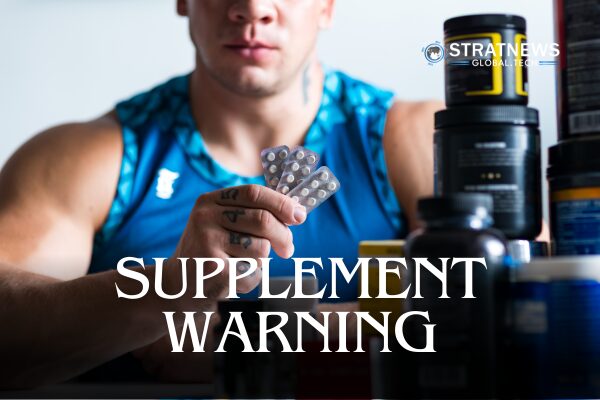One-Third of Australian Sports Supplements Found to Contain Banned Substances
A recent survey has revealed that more than one in three Australian sports supplements sold online contain ingredients banned by the World Anti-Doping Agency (WADA). Commissioned by Sport Integrity Australia (SIA), the findings raise serious concerns about the safety of these widely used products.
High Risk in Popular Supplement Types
The survey tested 200 different supplements, including protein powders, amino acids, and those labelled as “muscle builders” or “fat burners.” Testing was carried out by Human and Supplements Testing Australia, which discovered that 35% of the products contained substances prohibited by WADA.
According to SIA Chief Science Officer Dr Naomi Speers, supplements aimed at enhancing fat loss, muscle gain, or used before workouts carry the greatest risk. “Athletes need to understand that using supplements always carries risk,” she said in a statement on Wednesday.
Labelling Issues Worsen the Problem
More than half of the products that tested positive for banned substances—57%—did not list these ingredients on their labels or websites. In addition, five products had no unique identifiers, making them non-compliant with Australia’s laws on food and therapeutic labelling.
This lack of transparency puts athletes and everyday users at risk, especially those subject to anti-doping regulations. It also makes informed decisions more difficult for consumers seeking performance or health improvements.
Link to Australia’s Largest Doping Scandal
Supplements containing banned substances have been linked to Australia’s most significant case of doping in professional sport. In 2016, 34 players from the Essendon Bombers, a Melbourne-based Australian Rules football club, were found guilty of taking prohibited substances. The players received two-year bans after participating in a club-organised supplements programme.
The survey highlights ongoing challenges in regulating sports supplements and underscores the importance of stricter oversight to protect athletes and consumers alike.
with inputs from Reuters


